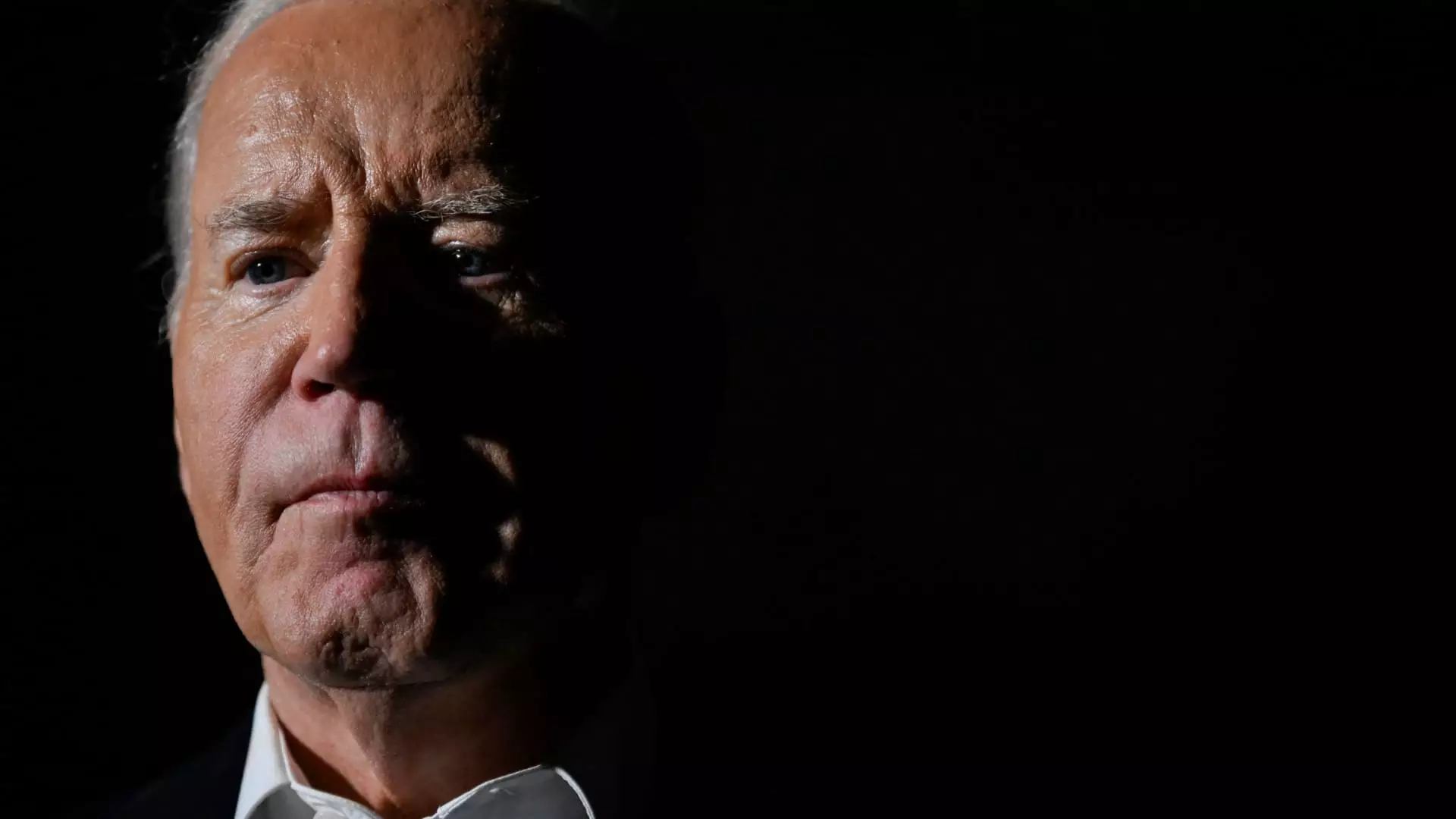In a significant development for labor and antitrust law, a federal judge in Texas has recently halted a rule proposed by the U.S. Federal Trade Commission (FTC) that would have imposed a nationwide ban on noncompete agreements. This decision underscores the tense intersection of employee rights, competition policy, and the regulatory powers of federal agencies. U.S. District Judge Ada Brown ruled against the FTC’s authority to broadly ban these agreements, which are contracts preventing employees from working for competitors or starting similar businesses within a certain timeframe post-employment.
Legal Justifications and Implications
Judge Brown’s ruling highlights a critical concern: the extent of the FTC’s regulatory power. The court found that while the agency may have the authority to enforce antitrust laws, its attempt to enact such a sweeping prohibition lacked sufficient justification. According to Brown, the agency failed to provide compelling evidence explaining why it chose to eliminate all noncompete agreements rather than focusing on specific, harmful cases. The judge described the rule as “arbitrary and capricious,” suggesting that the FTC might have overstepped its bounds. This case illustrates the complexities involved in interpreting business practices under antitrust law and raises questions about the balance between regulatory oversight and individual business rights.
Noncompete agreements have long been a controversial aspect of employment practices in the U.S., with proponents arguing they are essential for protecting trade secrets and preventing unfair competition. However, critics assert that these agreements generally restrict worker mobility and suppress wages, particularly affecting low- and middle-income employees. The FTC’s data indicates that approximately 30 million workers, or about 20% of the American workforce, are bound by such agreements. As the debate continues, it is pertinent to understand the broader implications of enforcing or abolishing noncompete clauses in various sectors.
The political atmosphere surrounding this ruling is charged, particularly given the split nature of the FTC’s leadership. The agency’s current Democratic majority has advocated for the ban on noncompete agreements, viewing them as an impediment to free market competition. In contrast, business groups, including the U.S. Chamber of Commerce, have vehemently opposed these proposed regulations, arguing that they infringe on business freedom and stifle the protection of intellectual property. The conflicting legal judgments from different federal judges across the country further complicate the situation, indicating a deep divide in opinions about the validity and necessity of these agreements.
Moving forward, the question remains: what are the long-term implications of this ruling for workers and businesses alike? The halt on the FTC’s rule opens the door for ongoing discussions about the legality and morality of noncompete agreements. It may lead to legislative efforts to either establish clearer rules governing these contracts or preserve their use in certain industries. As the legal landscape evolves, stakeholders on both sides of the debate must prepare for potential shifts in policy and the ongoing implications for competition, employee rights, and business practices in the United States.


Leave a Reply